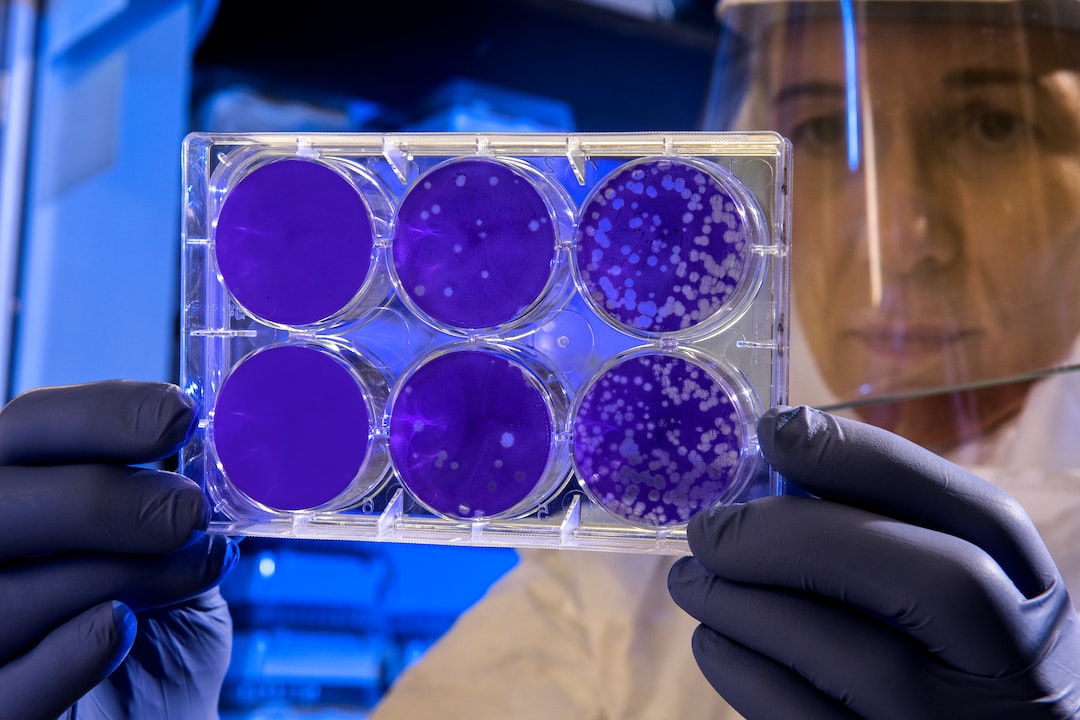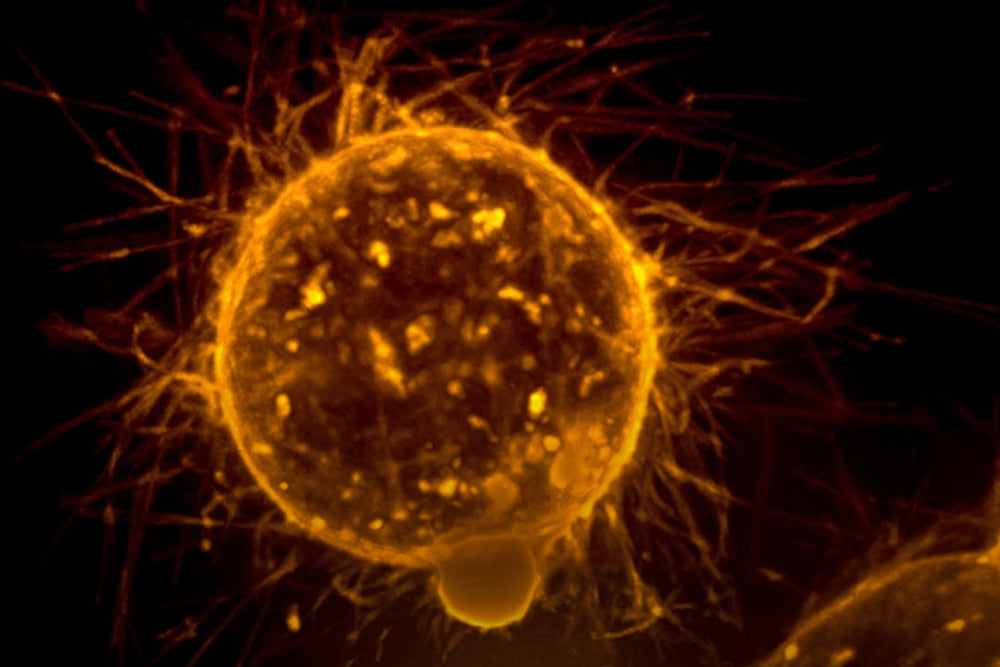
WHAT ARE MESENCHYMAL STEM CELLS?
Mesenchymal Stem Cells
In regenerative medicine, Mesenchymal Stem Cells (MSCs) play a crucial role, offering the potential to transform the way we approach various medical conditions. However, researchers face significant challenges in MSC research and development, from maintaining cell viability to ensuring genetic stability. This is where Hope Biosciences steps in, making breakthroughs in the MSC cell culture process and paving the way for a healthier future.
What are Mesenchymal Stem Cells?
Mesenchymal Stem Cells (MSCs) are a type of multipotent stem cell found in various tissues, including bone marrow, adipose tissue, and umbilical cord blood. These cells play a vital role in the human body, as they can differentiate into multiple cell types, such as bone, cartilage, and fat cells. This unique ability makes MSCs an essential component in regenerative medicine, where they can be used to repair and regenerate damaged tissues and organs, offering new treatment options for a wide range of diseases and conditions.
Not All Stem Cells are Created Equal
Despite the promising potential of Mesenchymal Stem Cells (MSCs) in regenerative medicine, several challenges must be overcome in MSC research and development. One such challenge is maintaining the morphology of MSCs during prolonged cell culture. As the culture progresses, MSCs often increase in size, leading to overproduction of extracellular matrices and cells sticking together. This can impact the functionality of MSCs and pose safety issues when administered in therapies.
Another challenge lies in achieving consistent cell growth rates, which is essential for standardizing autologous cell manufacturing. Inconsistent growth rates can lead to variations in the quality and efficacy of MSC therapies. Similarly, researchers face difficulties in keeping MSCs undifferentiated in vitro while maintaining their differentiation capacity, which is crucial for ensuring proper function when administered into the body.
During the cell manufacturing process, various factors can affect cell viability, including the donor's age and condition. Ensuring high cell viability is essential for the success of MSC therapies. Additionally, it is vital to maintain the identity and purity of MSCs throughout the cell culture process. A heterogeneous cell population may introduce unknown risks, and any genetic mutations that occur during cell culture could potentially harm the recipient.
As researchers continue to advance MSC research and development, addressing these challenges is critical for unlocking the full potential of MSC therapies in regenerative medicine.
What Makes Our Mesenchymal Stem Cell Conditioned Media Special?
Hope Biosciences has developed a proprietary cell culture process that addresses the challenges in MSC research and development. This process ensures the highest quality cell product for therapeutic potential, paving the way for advances in regenerative medicine.
Through their innovative cell culture process, Hope Biosciences is able to retain the original morphology of MSCs, maintain a linear proliferation rate, and keep MSCs undifferentiated while preserving their differentiation capacity. Additionally, they culture fresh cells for each treatment, ensuring high cell viability for up to 5 days.
Moreover, Hope Biosciences is committed to maintaining high levels of mesenchymal cell markers and high purity in their cell products, ensuring the safety and effectiveness of MSC therapies. They also prioritize genetic stability, having developed methods to maintain genetic integrity throughout the cell culture process.
With these solutions, Hope Biosciences is at the forefront of MSC research and development, unlocking the potential of regenerative medicine and offering new hope for patients.
Mesenchymal Stem Cells for Medical Research
As research in Mesenchymal Stem Cell (MSC) therapies continues to advance, the potential for MSCs to treat various clinical conditions is becoming increasingly clear. These therapies have the power to revolutionize healthcare systems and provide new hope for patients suffering from conditions that were once considered untreatable.
Collaboration between biopharmaceutical companies and research organizations is essential for driving innovation and ensuring the development of safe and effective MSC therapies. By working together, these entities can share knowledge, resources, and expertise, accelerating the progress of regenerative medicine.
In the future, MSC therapies have the potential to transform the lives of countless patients worldwide, offering novel treatment options and improving overall quality of life. The advancements made by companies like Hope Biosciences provide a strong foundation for the continued growth and success of MSC research and development.
Conclusion
In conclusion, the breakthroughs made by Hope Biosciences in their proprietary MSC cell culture process hold significant implications for the future of regenerative medicine. By overcoming the challenges faced in MSC research and development, they are unlocking the power of MSCs to revolutionize healthcare and provide new hope for patients. Continued research and collaboration between biopharmaceutical companies and research organizations will be crucial in realizing the full potential of MSC therapies for a healthier future. As the field advances, it aligns with the mission of Angela Caglia Skincare to provide high-quality, sustainable, and innovative solutions for health and wellness.


Leave a comment
This site is protected by hCaptcha and the hCaptcha Privacy Policy and Terms of Service apply.